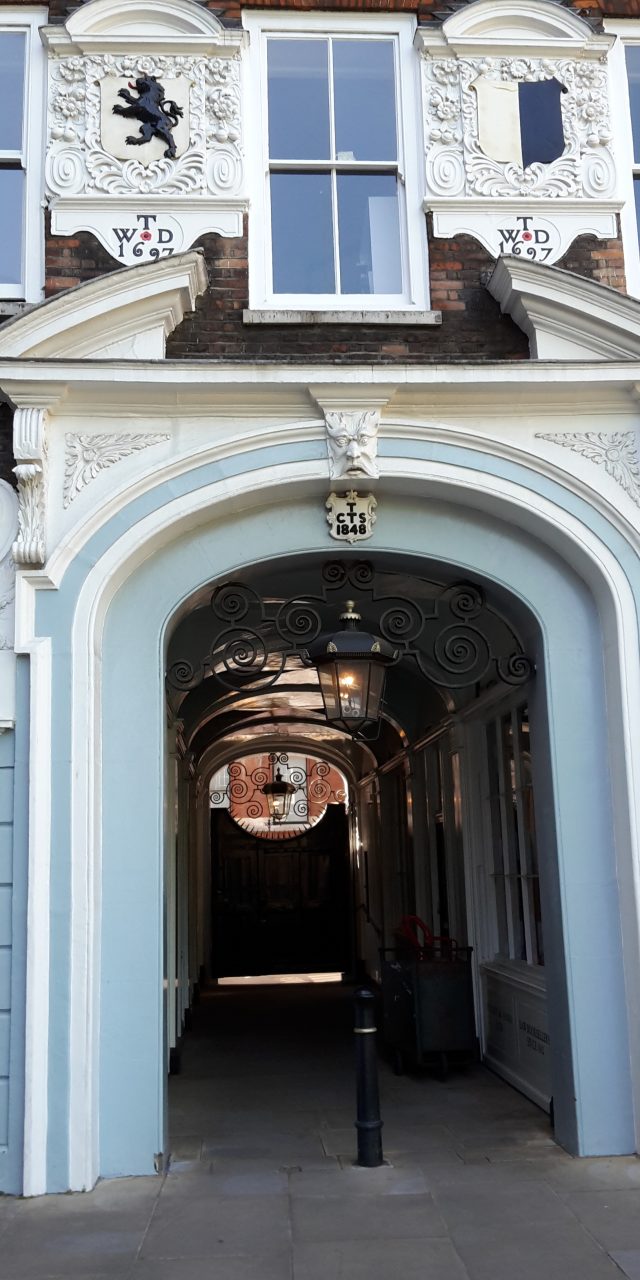Mediation
Mediation is a form of alternative dispute resolution, giving parties the opportunity to try to reach agreement without requiring the decision of a court or tribunal. It can be used to try to resolve any form of dispute, whether a case which may be subject to court litigation or not. The mediator is a neutral person appointed by the parties to try to help them resolve their dispute. He does not advise the parties, but explores with them whether a compromise can be reached.
All parties to litigation (including detailed costs assessments) are encouraged to consider forms of alternative dispute resolution, and the court can impose costs sanctions for those who refuse or fail to participate. This can be a useful way to put pressure on your opponent, as discussed in my article on sanctions for failing to mediate.
If the parties agree to mediate, the first task is to identify a suitable mediator. The choice can vary depending on the type of dispute and the relationship between the parties. Often the parties put forward a list of their proposed mediators so that one who is acceptable to both parties can be selected. I can assist you with identifying suitable mediators.
Details of the mediator’s fees will be agreed. The selected mediator will provide a mediation agreement for the parties to sign. This is an important document which governs the rights of the parties in mediation, and an important consideration can be how it provides for the costs of the mediation to be treated within the litigation.
Preparation is required for the mediation. Invariably the mediator will require a bundle of documents, but there is a knack in avoiding deluging the mediator in paper that he/she really will not need; this keeps costs down too. Often mediators will ask that the parties provide written submissions for the mediation, called “mediation statements” or “position papers.”
The format of the mediation itself is a matter for the mediator and the parties to decide, but the pattern tends to be similar. To start with, there will be an opening session with everyone present. After introductions, the parties and/or their lawyers have the chance to say what they wish to say about their case. Then the parties go into separate rooms and the rest of the day will be spent by the mediator shuttling between the different rooms to explore with each side their evidence, their concerns and challenges, offers they may wish to make and so on. Hopefully and agreement will be reached, but sometimes the parties are too far apart. It is quite common for a settlement to be reached shortly after the mediation has concluded, after the parties have reflected on what they have learned.
I am a trained and accredited mediator and can be appointed to mediate a civil/commercial dispute. This can be a very cost effective way of resolving a case without the cost, delay and uncertainty of taking it to trial. I was trained by an organisation called CADR (Costs Alternative Dispute Resolution) and am a member of its panel of specialist costs mediators. Therefore I can mediate disputes which focus solely on costs, as well as the broader spread of civil/commercial disputes.
As a barrister I am experienced in representing clients at mediation. Remember that the mediator is not there to advise the parties. Having a barrister represent you can be helpful in explaining your case to the other side, and it helps to have familiarity with the process. I often draft mediation statements and am used to making an oral statement I the opening session and assisting with conducting negotiations.

